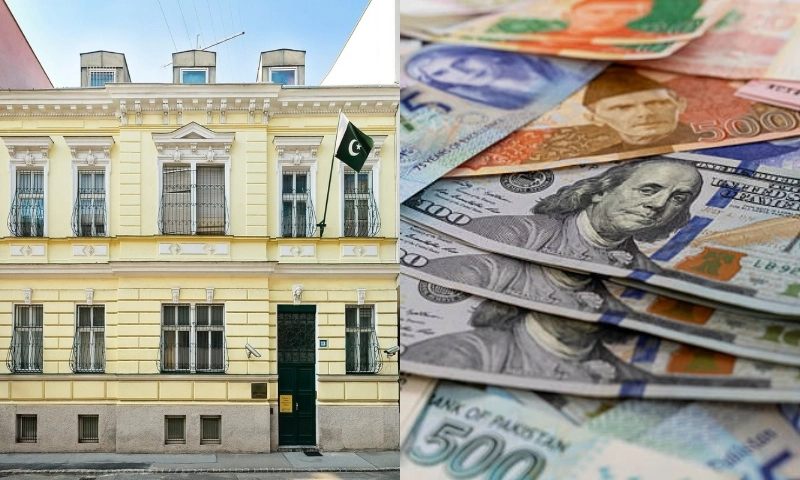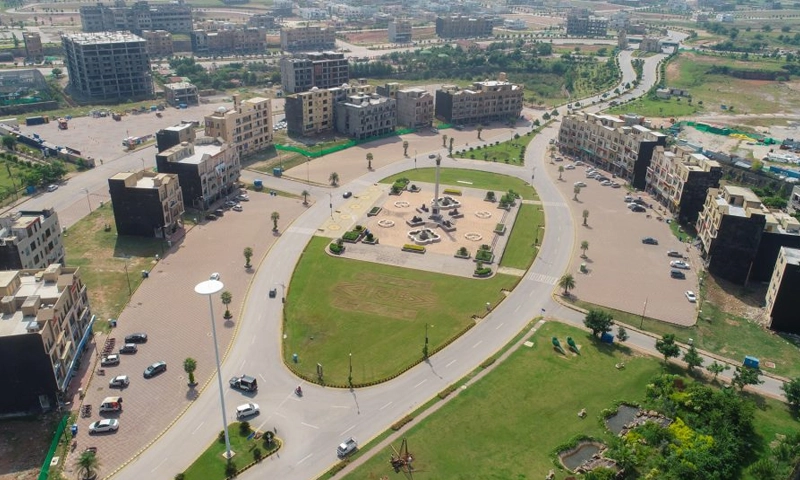- Faqeer Hussain
- 2 Hours ago

‘Pakistan’s anti-corruption ranking improved seven points in 2023’
-

- Web Desk
- Jan 30, 2024

Shehbaz Sharif’s administration witnessed a notable advancement in Pakistan’s standing on the Transparency International (TI) Corruption Perceptions Index (CPI) for 2023, displaying a seven-position improvement compared to the preceding year.
The CPI assesses the perceived corruption levels in a country’s public sector, utilising a scale ranging from zero to 100, where zero signifies high corruption, and 100 indicates a very clean system.
FIA requests Interpol to issue red warrant for Moonis Elahi
The positive shift in ranking suggests a decline in corruption during the brief tenure of the Pakistan Democratic Movement (PDM)-led government, contrasting with the period of Imran Khan’s leadership from 2018 to 2022.
Contrary to Imran Khan’s anti-corruption pledge, the TI reports indicate a surge in corruption in Pakistan since 2018. The 2022 CPI report highlighted an increase in corruption during the shared rule of Shehbaz and Imran.
According to the latest TI report released on Tuesday, Pakistan secured the 133rd position out of 180 countries in the 2023 CPI, with an overall score improvement from 27 to 29 out of 100. This contrasts with the 2022 report, placing Pakistan at 140 with a score of 27.
The report underscores that despite facing debt challenges and political instability, robust judicial oversight has played a crucial role in restraining the government. The Supreme Court of Pakistan, in particular, strengthened citizens’ right to information, expanding it under Article 19A of the Constitution to previously restricted institutions.
In response to the report, the Pakistan Muslim League-Nawaz (PML-N) asserted that under Imran Khan’s four-year rule, corruption had reached unprecedented levels, which were curtailed upon Shehbaz Sharif assuming the role of Prime Minister.
Imran Khan, Shah Mehmood sentenced
Transparency International Pakistan Chair Justice (retd) Zia Perwez, expressed encouragement at the improvement. He attributed it to the concerted anti-corruption efforts by various state institutions, emphasizing the importance of government policies for better governance and effective law enforcement in achieving positive outcomes.
TI urged governments to grant justice systems independence, resources, and transparency to effectively combat corruption offenses, emphasising the need for improved procedures and laws to safeguard justice institutions from corruption and enable them to target corrupt acts effectively.





